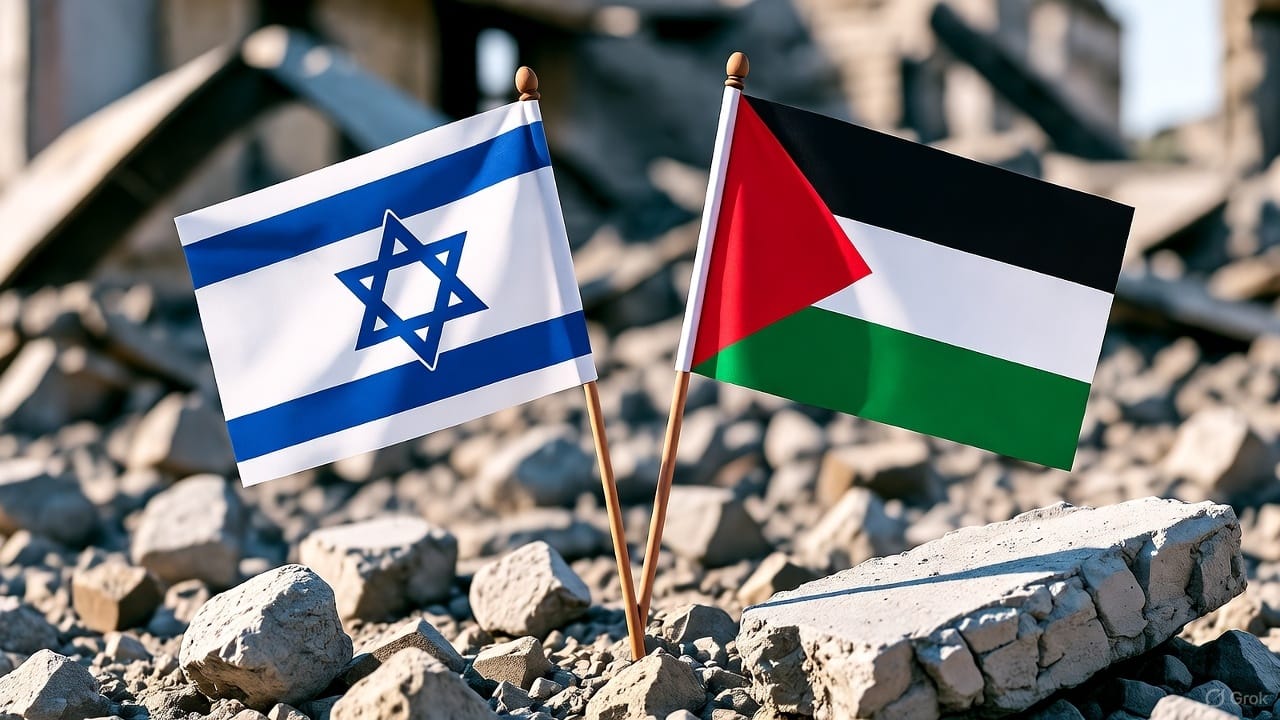- Shortlysts
- Posts
- Ceasefire Talks Between Israel and Hamas Still Face Obstacles
Ceasefire Talks Between Israel and Hamas Still Face Obstacles
Negotiations between Israel and Hamas in Egypt set to begin on Monday, but major obstacles to peace still remain.

What Happened?
Representatives from Hamas and Israel are scheduled to meet in Egypt today to discuss the Trump Administration’s latest peace proposal. Israel has signaled willingness to agree to the terms of the new arrangement, which includes the release of all hostages from Gaza. Hamas has indicated it is willing to comply with some of the terms, but thus far it has refused other key provisions, including the call to disarm.
President Trump has stated he believes the hostages will be released soon, but there are major obstacles remaining for the negotiations before that can happen.
Why it Matters
The movement of the location of the new negotiations from Qatar to Egypt is itself significant. After the Israeli strike on Hamas in Qatar, there was a new level of anger in the Arab world against Israel. Egypt is the largest, most populous, and most important Arab nation, and the fact that the new negotiations will be held there signals a shift in the Arab leadership away from Qatar and towards Egypt.
While Israeli leaders, including Prime Minister Netanyahu, have stated they are willing to agree to the terms of the latest peace proposal from the Trump Administration, Hamas has not. Hamas has continued to refuse to disarm, and that is potentially a deal breaker for the negotiations. For Israel to agree to the new plan without disarming Hamas would be a major shift for the current Israeli government.
Israel’s government is under intense pressure from the international community and from a majority of the Israeli public to secure the release of the remaining hostages. Those twin pressures could be enough for Israel to agree to a hostage release deal without full disarmament of Hamas.
For Palestinians, conditions on the ground in Gaza have changed little despite the renewed interest in peace negotiations. Hamas militants continue to fight Israeli ground forces, and Israel continues to launch airstrikes against targets in Gaza. The fighting is still very much ongoing at this time.
Another key aspect of the plan is how Gaza will be governed after the fighting is over. The Trump Administration plan calls for Hamas to have no role in governing Gaza, and nearby Egypt has been training a new security force for Gaza to take the place of Hamas after the war has ended. Hamas has not given clear signals about whether or not it will accept this portion of the peace proposal.
How it Affects You
Both Hamas and Israel are under enormous pressure from the international community to end the war in Gaza. That pressure has brought the combatants back to the negotiating table, but if Hamas refuses to voluntarily disarm, the war will likely continue. If none of the Israeli hostages return to Israel alive, the Israeli public will probably support the total annihilation of Hamas regardless of what it does to Gaza.